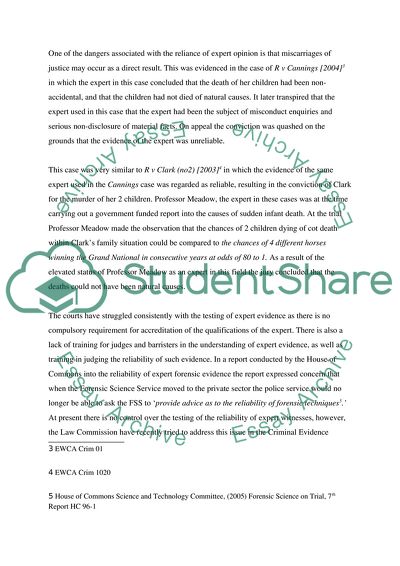Cite this document
(Law of Evidence: Reliability and Relevance Term Paper - 1, n.d.)
Law of Evidence: Reliability and Relevance Term Paper - 1. https://studentshare.org/law/1750330-law-of-evidence-reliability-and-relevance
Law of Evidence: Reliability and Relevance Term Paper - 1. https://studentshare.org/law/1750330-law-of-evidence-reliability-and-relevance
(Law of Evidence: Reliability and Relevance Term Paper - 1)
Law of Evidence: Reliability and Relevance Term Paper - 1. https://studentshare.org/law/1750330-law-of-evidence-reliability-and-relevance.
Law of Evidence: Reliability and Relevance Term Paper - 1. https://studentshare.org/law/1750330-law-of-evidence-reliability-and-relevance.
“Law of Evidence: Reliability and Relevance Term Paper - 1”. https://studentshare.org/law/1750330-law-of-evidence-reliability-and-relevance.


